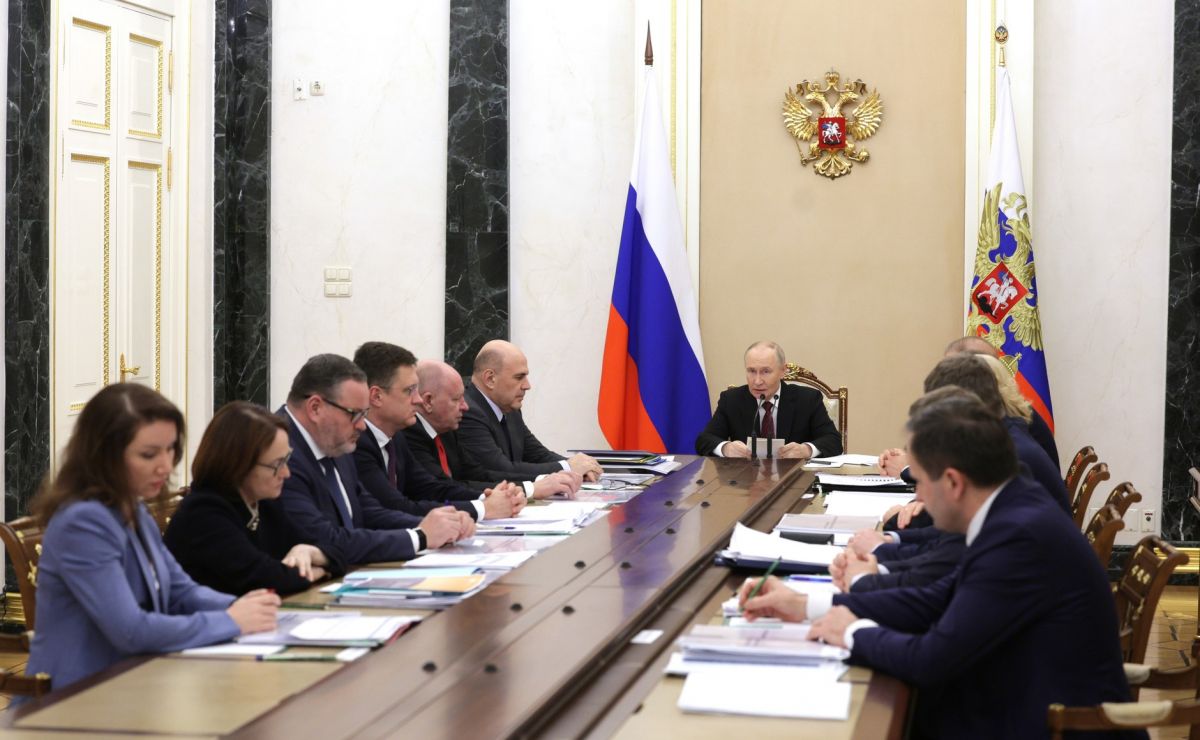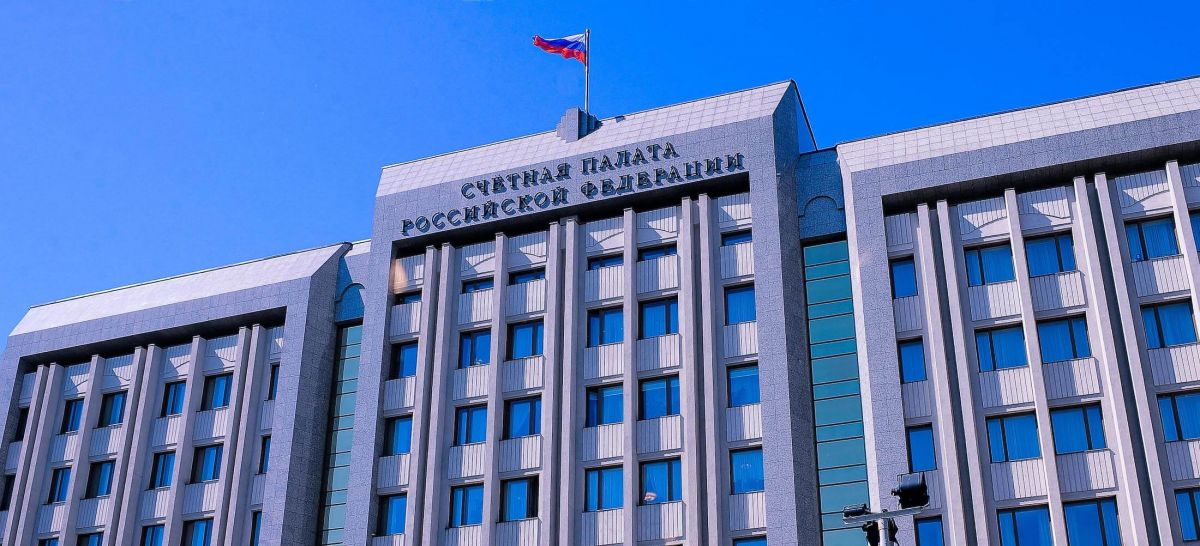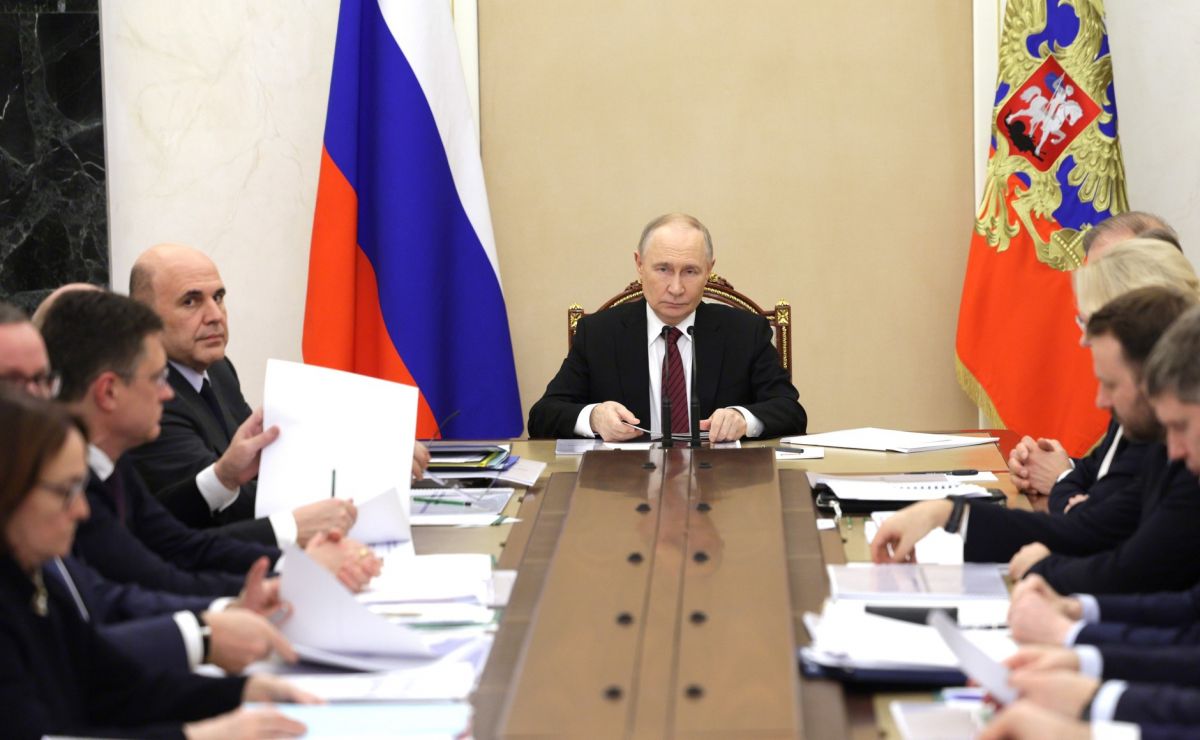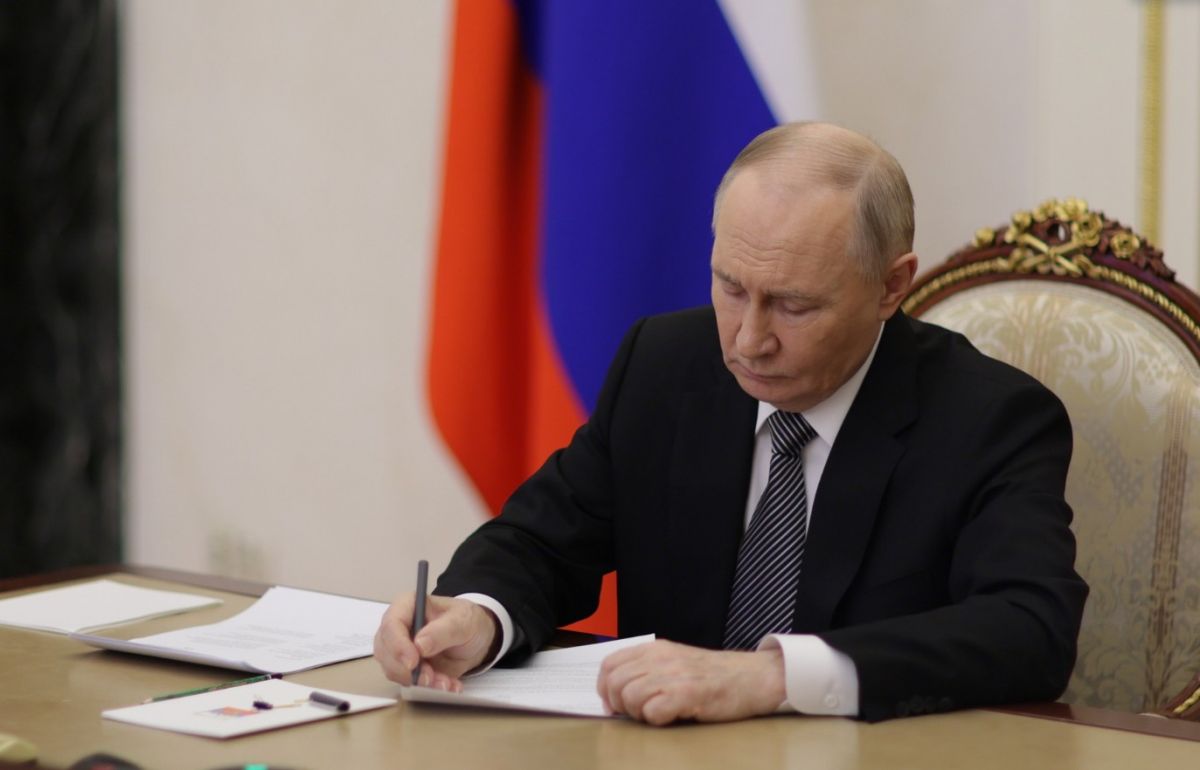
The Joint venture assessed the effectiveness of expenses for the organization of additional vocational education for citizens

© Сайт Счетной палаты РФ
According to auditor Sergey Shtogrin, in 2023-2024, 15.5 billion rubles were allocated for these purposes within the framework of the federal project "Employment Promotion". Over 300,000 people have completed the training, and the planned targets have been exceeded. However, the audit showed that only about 80% of them eventually get a job, and even fewer find work in their specialty - only 25%.
The key problem is the discrepancy between the areas of study and the projected needs of the labor market. The most in-demand personnel are in manufacturing, construction, transport, and IT, while citizens are more likely to choose courses in management, office work, finance, and economics. In 2024, only a third of those who applied to employment services studied in priority areas for the economy.
It also turned out that not all participants in the programs are initially aimed at employment. The survey showed that 24% of the respondents studied "out of personal interest." This, according to the supervisors, indicates the lack of targeting of the federal project.
The audit also revealed a number of violations and shortcomings committed in the provision and use of federal budget funds allocated for vocational training. Rostrud did not reasonably redistribute quotas, which led to misuse of funds. For example, the RANEPA returned 60% of the additional subsidy received to the budget. In addition, an imbalance was found between the estimated cost of training (59.58 thousand rubles) and the actual costs of operators, which were significantly lower. This led to the formation of unused balances: in two years, about 1.4 billion rubles were returned to the treasury.
Following the audit, the Accounting Chamber sent recommendations to the Government of the Russian Federation, among which are to establish a clear procedure for calculating tuition fees and adjust programs to meet the real needs of the economy.




